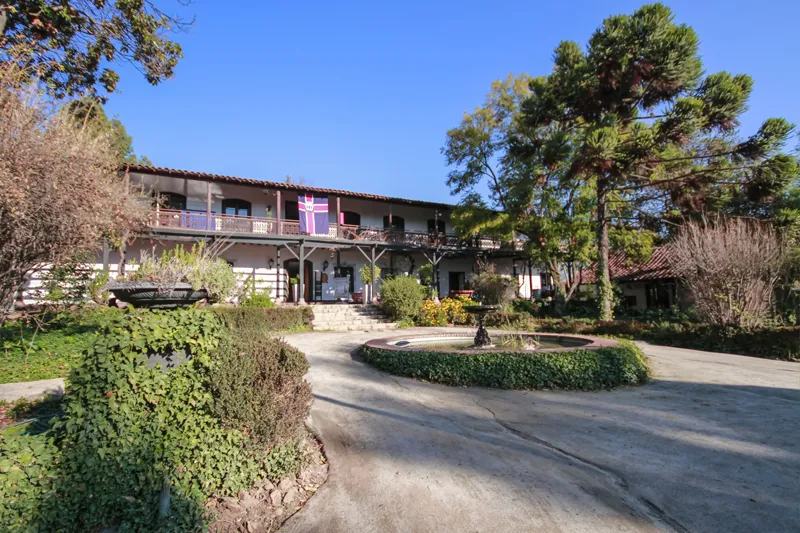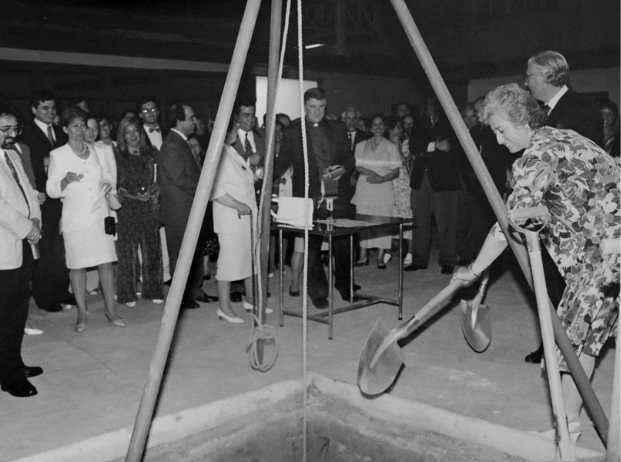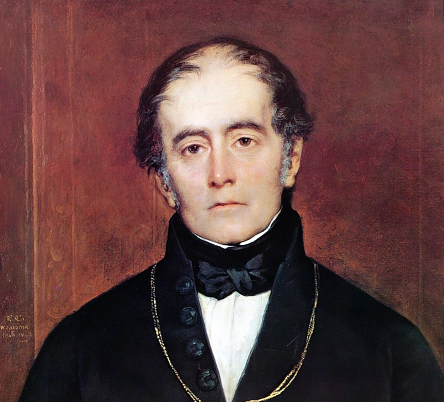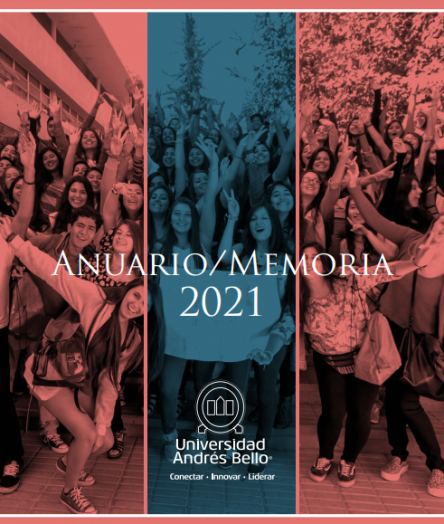With more than 30 years of history, Universidad Andrés Bello is recognized as one of the most important universities in the country. At the undergraduate and graduate level, it is the university with the most enrolled students in Chile, with a presence in the country’s three main cities. In addition, it is nationally and internationally recognized as one of the four Chilean universities with the highest scientific production, conducting excellent research in all disciplinary areas.
Since its founding in 1988, it has been oriented towards excellence and fulfilling its mission and purposes, which guide the institution’s management and development.
Its seal of excellence and pluralistic, secular, and inclusive orientation are differentiating elements that help graduates succeed and stand out in the work environment.
In addition, it was the second university in Chile to obtain institutional accreditation from the prestigious US-based Middle States Commission on Higher Education (MSCHE), being also the only Chilean university to offer a certificate program for people with special needs derived from cognitive or learning disabilities.
Its inclusive vocation made it a pioneer in creating special programs for working adults. These programs are offered in blended learning and online modalities and provide access to quality training to students who otherwise could not access traditional training due to their time and schedule requirements.
The university considers community outreach as a central element of its development, being the Chilean headquarters of the United Nations Global Compact network and being one of the founding entities of the Sustainable Campus Network. With outreach and research as part of its hallmark and purpose, the University pioneered research institutes and centers early in its history.
Thus, in 1993, the University launched its Marine Research Center in Quintay (Cimarq), a center recognized today for its contributions in aquaculture and the conservation of marine resources at the national level and as an example of joint work between the University and the community.

Fundación Educación y Cultura
Fundación Educación y Cultura is a Chilean non-profit organization established with the sole purpose of contributing to the development of Chile through the promotion and improvement of higher education, and all its assets are destined exclusively to the achievement of this goal.
Currently, this Foundation is the supporting entity of Universidad Andrés Bello (UNAB).
Together with this university, Fundación Educación y Cultura is also the supporting entity for Universidad de Las Américas (UDLA) and Universidad Viña del Mar (UVM), as well as Instituto Profesional Escuela Moderna de Música y Danza.
Its directors, Jorge Selume Zaror, who presides it, and Juan Antonio Guzmán Molinari, are Chilean professionals with a long history in the higher education system.
Among other outstanding academic, teaching, and educational management experiences, both have been close to Universidad Andrés Bello since early in their careers, in addition to serving as members of higher levels of university governance in multiple Chilean and foreign educational institutions.
The hallmarks of the foundation are academic training quality, a secular spirit, pluralism, freedom of thought, accessibility, inclusion, and diversity.
In addition to its purpose of improving and promoting higher education in the country by managing, sustaining, and administrating educational institutions, the Foundation also declares the development and promotion of science, art, and culture as a complementary objective.

History
Since its creation in 1988, Universidad Andrés Bello has achieved multiple milestones that mark its development and consolidation.

Andrés Bello López
Universidad Andrés Bello is named after one of the most influential intellectuals of the 19th century in Chile and one of the most important humanists in Ibero-America. Andrés Bello López was among those who inspired Chilean institutionality, a senator of the Republic and the first President of the Universidad de Chile.
Andrés Bello López (1781-1865) was a philosopher, politician, diplomat, and jurist currently considered one of the most important humanists and intellectuals of the 19th century in America.
Of Venezuelan origin, he arrived in Chile in 1829, when he began to influence and participate in the essential debates that shaped the institutional framework of the new nation, especially in legal, educational, and cultural matters. In 1832 he was granted Chilean nationality.
He was a lover of literature, and his work also extended to the teaching of language and poetry. His Gramática de la Lengua Castellana para el uso de los americanos (published in 1847) is a quintessential milestone for the use of the language and is internationally recognized as one of the most important works for the conservation and correct use of the language.

Mission, Vision, Values
Our Mission
We seek to offer an enriching educational experience tailored to a globalized world and supported by critical thinking and the continuous generation of knowledge through research.
Our institutional vision
We seek to be recognized as one of the best universities in Chile. We thrive through the sharing of knowledge. We strongly believe that global alliances will strengthen the depth and reach of our research and teaching opportunities.
Our Values
Pursuing the common good through advancing knowledge, caring for our community, caring for the environment, and cultivating long-term relationships based on a thirst for learning.
Drive towards excellence: We have a passion for doing things well, with a strong spirit of self-criticism and seeking continuous improvement.
Accountability: We believe in being responsible for our actions, understanding that the benefits of a good education should impact society.
Diversity and Inclusion: We welcome all. We are respectful and tolerant of all ideas and creeds.
Honor: We value honesty and trustworthiness. We expect ethical behavior from all our members, as reflected in our honor code.

Reports
Our Institutional Reports allow us to show the university community members' commitment to achieving the objectives set for each academic year. The results presented here attest to the robustness of our university project.


